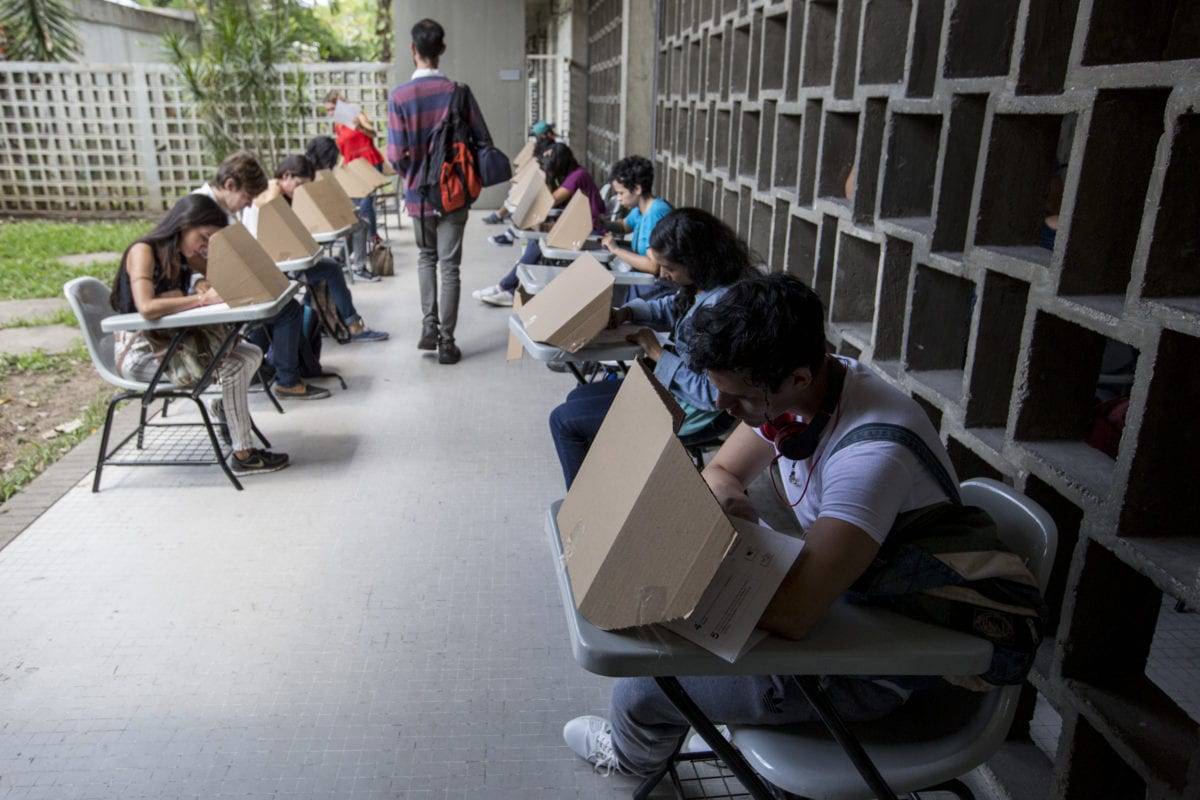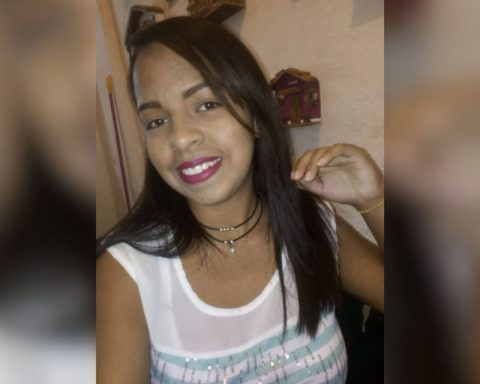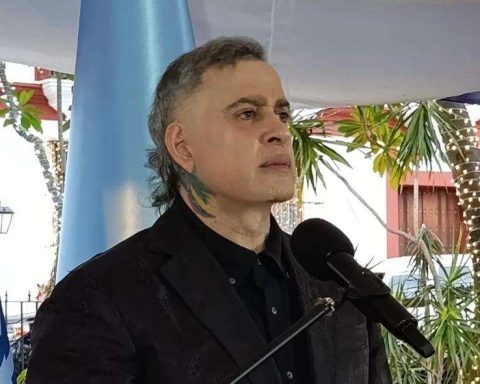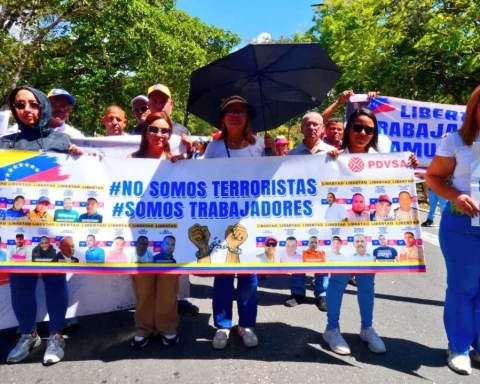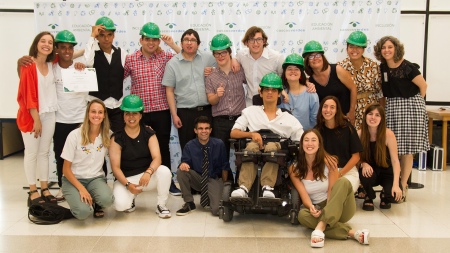The University Council of the UCV approved the regulations and the schedule in which it is established that the elections to renew authorities will be held in two rounds -if necessary- and are scheduled for May 26 and then a month later, on June, to define who will be elected to the posts for the rectorship, academic vice-rectorate, administrative vice-rectorate and secretary
After almost 12 years, the thread that has kept the holding of elections for the renewal of the four positions of rectoral authorities at the Central University of Venezuela (UCV) in a legal limbo is unblocked. Both the regulations and the schedule proposed by the Electoral Commission were defined and with date: May 26 will be the first round for the voting of the postulates And, if necessary, on June 23, the second round will define who will occupy the four positions for the rectory, academic vice-rectorate, administrative vice-rectorate and secretary in this house of studies.
The transitory regulation -it will cease as soon as this electoral process is over- was approved by the University Council and has «a consensus, both internal and external, has been well discussed among various sectors and although this does not fully guarantee that it is fully protected from challengesit can be said that he has had enough sense so that the elections can be carried out”, assured the secretary of the UCV, Amalio Belmonte, who also announced his candidacy for rector.
The “sensibleness” to which Belmonte refers is on the subject that has been the blocking stone since the promulgation of the Organic Law of Education: establishing the mandatory that the vote be 1 × 1, that is, an equal proportion for teachers, students, employees and workers.
The authorities of the UCV and the rest of the autonomous universities (ULA, UDO, UC), which have had rulings from the Supreme Court of Justice since 2011 to prevent voting until the regulations are adjusted to these conditions, have seen how this measure has stalled for than a decade to those who occupy positions that were conceived to remain for a maximum of four years.
At the UCV, for example, only two of the four authorities remain in their positions: the rector Cecilia García-Arocha and the secretary Amalio Belmontewho also holds the position of administrative vice-rector in charge, after the resignation of Professor Bernardo Méndez, in January 2020. In July 2022, the academic vice-rector Bernardo Bianco died, who became the fifth authority of the autonomous universities to die in the exercise of his functions: the rector of the Simón Bolívar University (USB) Enrique Planchart in 2021; the rector of the Lisandro Alvarado Central Western University (UCLA) Francesco Leone in 2017; the administrative vice-chancellor of the University of Zulia (LUZ), María Guadalupe Núñez in June 2016; and in December 2015, the secretary of the Universidad de Oriente, Juan Bolaños Curvelo, died.
The wait for a renewal has derived in a sustained attrition that became State policy: control and reduce universities through resignations and even, due to the death of several authorities, absolute vacancies are generated that are decided by hand through substitutions without consultation by the National Council of Universities.
Elections, controversy and the 1×1
The argument put forward by the universities is that an egalitarian proportion does not make sense in an election of these characteristics: “if so, then the graduates would decide the authorities because there are more than 70,000 people, but they are not the ones who live at the university” , explains a source who was part of the electoral commissions.
The controversy was reactivated in 2019 with ruling No. 324, dated August 27, in which the TSJ ordered the holding of elections for rectoral authorities in the UCV within a period of six months, and at that time decided to “precautionarily” suspend articles 31, 32 and 65 of the Law on Universities.
*Read also: Elections in the UCV: the vote returned and Chavismo opened a crack
Articles 31 and 32 of the Law establish the procedures and the quorum required for the election of the posts of rector, vice rectors and secretary; while article 65 refers to the system for the election of deans who “will be elected by the Assembly of the respective Faculty and will declare three years in their functions”.
Three years after that sentence, white smoke arose with the approval of this transitory regulation. The 13 articles that make up the regulation establish, among other things, that «Equal conditions are understood to be applied to the relationship between each electoral sector that make up the university community».
Therefore, the proportion of the vote will be as follows: the professors will maintain 100% of the weighting, that is, one professor is equivalent to one vote; the students will have 25% of the weighting, which means that the participation of four students is equivalent to one vote; the administrative staff will have 10% as well as the workers another 10%, this means that every 10 workers will represent a vote; Finally, the graduates will have a weighting of 5%, which represents one vote for every 20 people.
As of February 24, the official call for applications will begin and if everything goes well, without obstacles, challenges and other judicial impediments, The entire process will see its culmination when, on July 7, those elected to the four main posts are proclaimed, who will be sworn in between July 10 and 14, 2023.just when the current rector Cecilia García-Arocha turns eleven awaiting to hand over the position she has held since May 2008, 15 years after arriving at the rectory.
Post Views: 41
